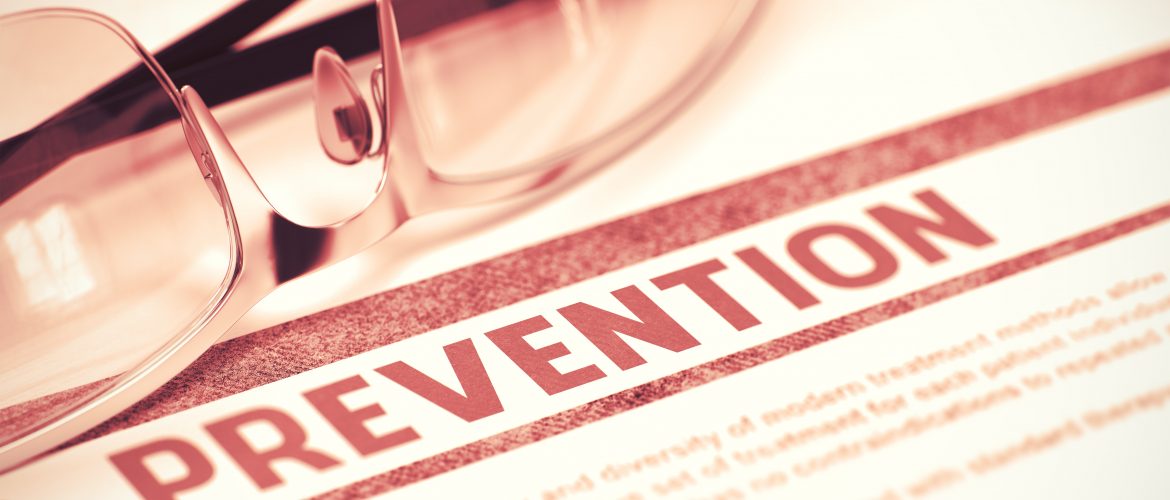The Centers for Medicare & Medicaid Services (CMS) and Centers for Disease Control & Prevention (CDC) announced June 1, 2020 that as of mid-May nearly 26,000 residents in nursing homes have died from COVID-19. This number was based on the first set of federal data, and reported that there were 60,439 total nursing home cases of COVID-19.
Along with citing those numbers, CMS announced that nursing homes with patterns of infection control deficiencies could face increased civil monetary penalties (CMPs). The federal government is also implementing new enforcement of lower-level infection control issues to strengthen compliance.
Increases in CMPs due to infection control deficiencies will range from $5,000 per instance if the skilled nursing home (SNF) has been cited once in the last year, up to $20,000 per instance for wide-spread non-compliance. SNFs with no previous history of citations for infection control will be required to submit a directed plan of correction if the violation is not widespread. Similarly, SNFs with no history of infection control violations but found to have a widespread issue of noncompliance will face submitting a directed plan of correction along with discretionary denial of payment for new admissions.
CMS administrator Seema Verma made this statement: “While many nursing homes have performed well and demonstrated that it’s entirely possible to keep nursing home patients safe, we are outlining new instructions for state survey agencies and enforcement actions for nursing homes that are not following federal safety requirements.”
Details of the CMS memorandum can be found at: https://skillednursingnews.com/wp-content/uploads/sites/4/2020/06/6.1.2020COVID-CAREs20Survey20and20Enforcement20Memo-FINAL20pdf.pdf
Compliance Perspective
Failure to comply with CMS and CDC infection control and prevention guidelines may result in the spread of infection in a facility. This can lead to an increasing number of citations, with potential for assessment of CMPs depending upon the facility’s history of prior infection control deficiencies. Based on the scope of noncompliance ranging from isolated to pattern to widespread, progressive penalties may result, including submission of a directed plan of correction up to discretionary denial of payment for new admissions.
Discussion Points:
- Review the facility’s Infection Control Plan to ensure inclusion and implementation of CMS and CDC COVID-19 infection prevention and control requirements.
- Train staff to strictly adhere to the protocols in the Infection Control Plan to prevent the spread of infection and protect the health of residents and staff.
- Periodically audit to ensure that staff are in compliance with all aspects of the Infection Control Plan, and provide additional training if areas of non-compliance are identified.












































































